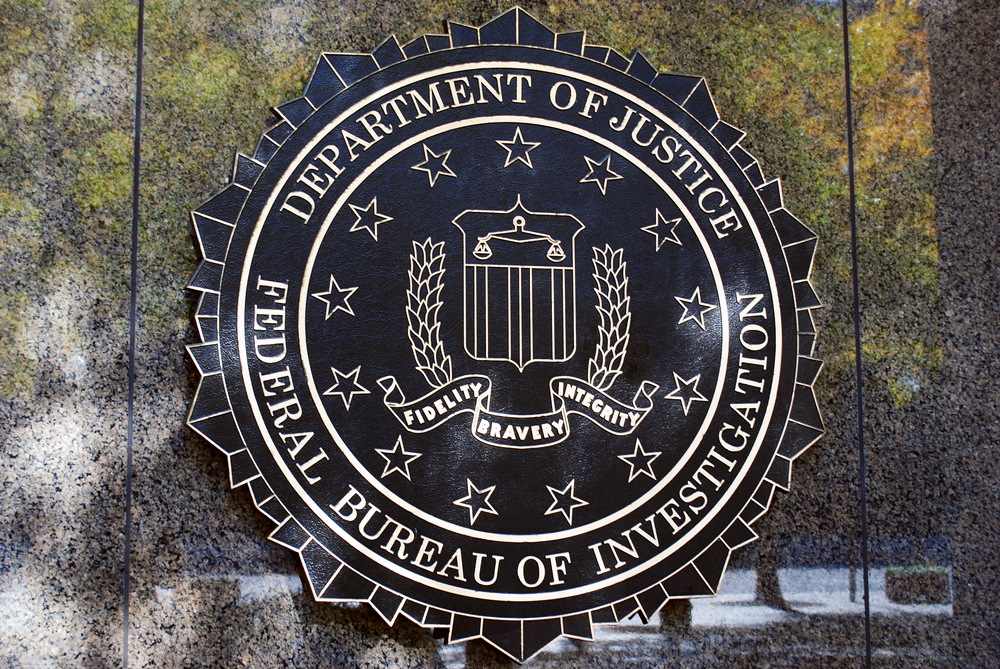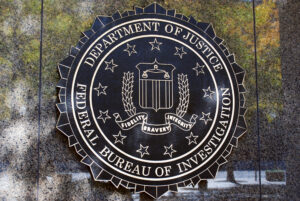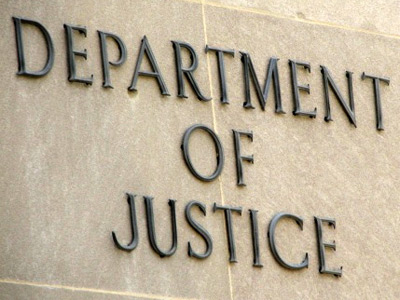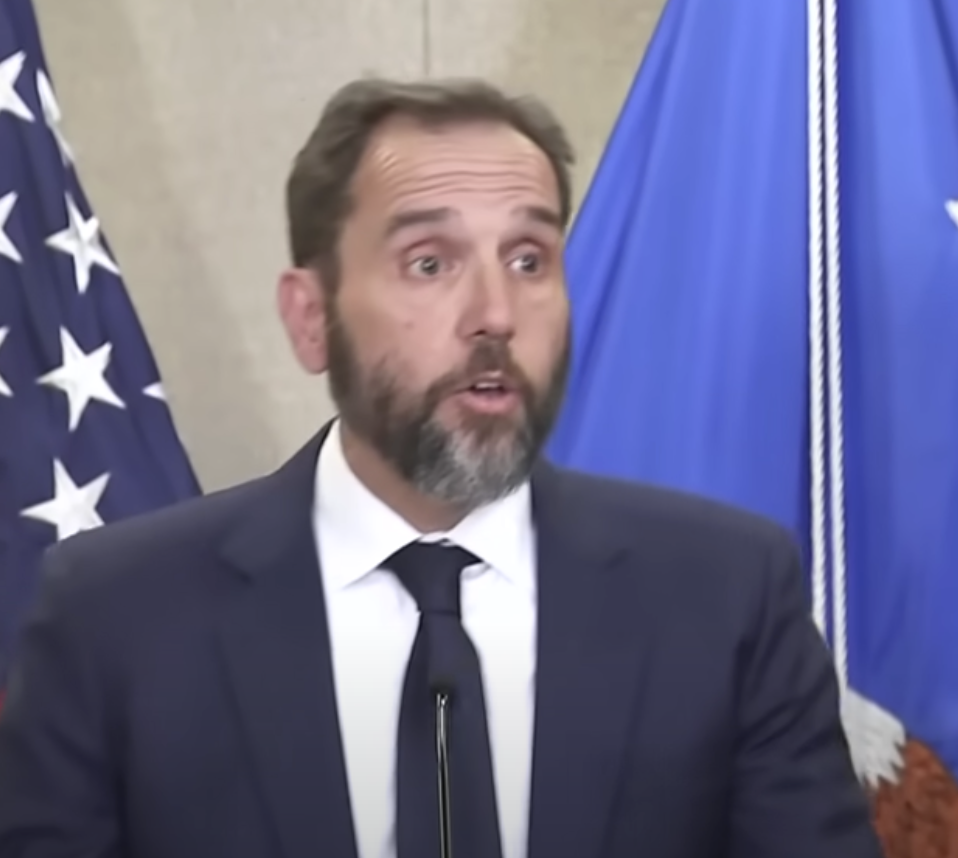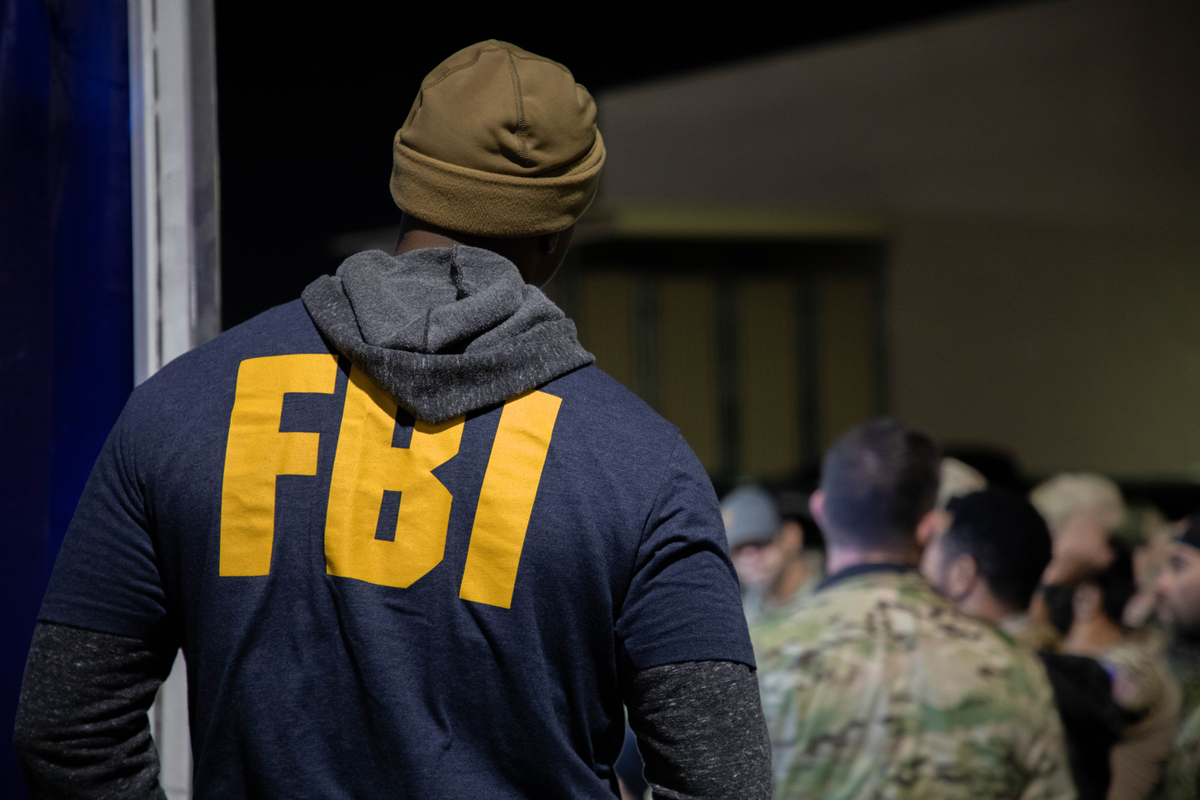By Steve Neavling
The FBI is urging local police to submit the names of people linked to certain drug cartels and gangs, along with their relatives and associates, for inclusion on the U.S. government’s terrorist watch list, according to law enforcement documents obtained by Reuters.
In a May 9 email, the bureau told police agencies to share information on individuals they believe are tied to eight criminal groups that President Donald Trump has designated as foreign terrorist organizations, including MS-13, Tren de Aragua, and the Sinaloa cartel. The email, obtained by the transparency nonprofit Property of the People through a public records request, was sent to agencies and groups such as the National Sheriff’s Association, which confirmed receiving it.
“Agencies that possess information about members of these organizations, including their family members and associates, are required to share” it with the National Counterterrorism Center, the document said.
The FBI-led Terrorist Screening Center would then decide which names to add. The bureau also told police it had recently added 300,000 immigration records to the National Crime Information Center database, including people with administrative warrants for removal from the U.S.
The watch list contained about 1.1 million names, including roughly 6,000 U.S. citizens and permanent legal residents, as of August 2024, according to a January report from the Privacy and Civil Liberties Oversight Board. The FBI said the expansion means officers are more likely to see terrorism alerts during traffic stops or background checks. The bureau declined to answer detailed questions about the email, referring instead to an earlier statement that said “watchlisting is an effective tripwire keeping those who would engage in violent criminal acts, illicit drug trade, and human smuggling/trafficking out of the country.”
Civil liberties advocates say the move risks sweeping more Americans onto a list that is already flawed.
“The U.S. watch-listing system is already a notoriously error-prone, bloated, due process nightmare and this instruction raises major red flags,” Hina Shamsi, director of the ACLU’s National Security Project, said.
Critics have long said the government has used questionable evidence, such as tattoos and clothing, to link people to gangs. A federal judge ruled in 2019 that the list violated the constitutional due process rights of certain U.S. citizens.

